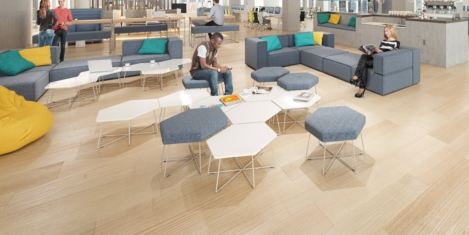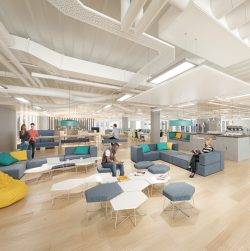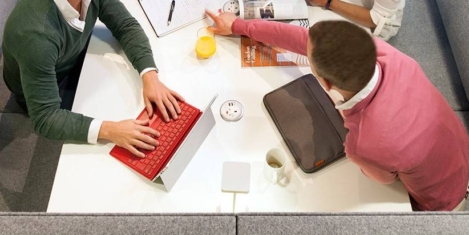April 5, 2019
Digital inclusion empowers women but does not lead to better jobs
 All European regulatory frameworks cite technology as a key factor in promoting competitiveness and innovation, and right alongside it is its greatest tool, the population’s digital inclusion. Digital inclusion makes it possible to develop human capital able to adapt to labour market challenges and contributes to ensuring equal opportunities in terms of accessing online resources related to work, education and social participation. Is this inclusion, however, sufficient in itself to ensure improved economic status and equality? According to the results of a study produced by Lídia Arroyo, a researcher at the Universitat Oberta de Catalunya IN3 GenTIC research group, the answer is no. (more…)
All European regulatory frameworks cite technology as a key factor in promoting competitiveness and innovation, and right alongside it is its greatest tool, the population’s digital inclusion. Digital inclusion makes it possible to develop human capital able to adapt to labour market challenges and contributes to ensuring equal opportunities in terms of accessing online resources related to work, education and social participation. Is this inclusion, however, sufficient in itself to ensure improved economic status and equality? According to the results of a study produced by Lídia Arroyo, a researcher at the Universitat Oberta de Catalunya IN3 GenTIC research group, the answer is no. (more…)








 The corporate appetite for flexible space continues to grow as around two-thirds of occupiers rank employee engagement (68 percent) and talent attraction & development (65 percent) as two of the three most important drivers of corporate real estate (CRE) strategy. According to the 2019 EMEA Occupier Survey by CBRE over a third of companies see labour and skills shortages as a key strategic challenge, double last year’s result. In line with last year’s survey, technology disruption (36 percent) economic uncertainty (43 percent) and cost escalation (31 percent) all feature highly as key challenges for occupiers.
The corporate appetite for flexible space continues to grow as around two-thirds of occupiers rank employee engagement (68 percent) and talent attraction & development (65 percent) as two of the three most important drivers of corporate real estate (CRE) strategy. According to the 2019 EMEA Occupier Survey by CBRE over a third of companies see labour and skills shortages as a key strategic challenge, double last year’s result. In line with last year’s survey, technology disruption (36 percent) economic uncertainty (43 percent) and cost escalation (31 percent) all feature highly as key challenges for occupiers.
















 Ahead of daylight savings this weekend,
Ahead of daylight savings this weekend, 








April 2, 2019
A quarter of a century ago, the newborn Internet set office design on a different path
by Colin Watson • Comment, Furniture, Workplace design
(more…)